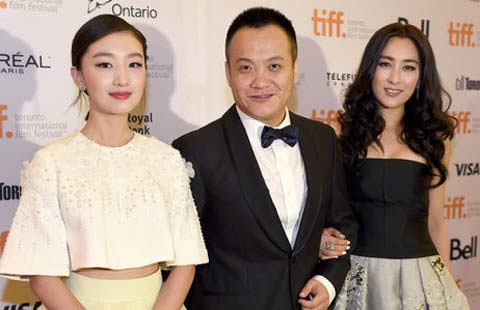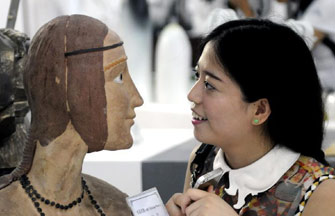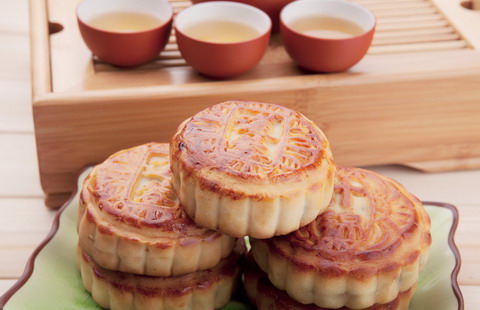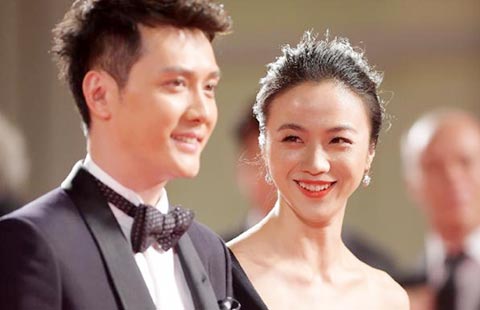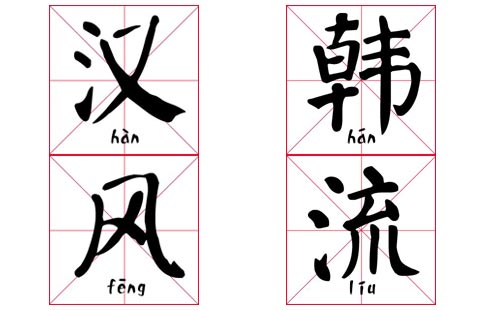Painter's zodiac works reach for the stars
By Lin Qi ( China Daily ) Updated: 2014-09-02 07:21:44
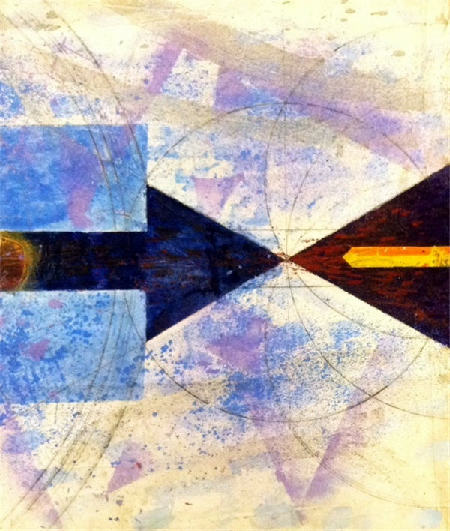 |
|
Occipinti's works convey the enlightenment she has felt when observing the sky and the stars. |
She found her earliest inspiration of art in the studio of an uncle on the maternal side, a noted sculptor. During childhood, she spent a lot of time playing with clays and sculpting small animals, habits that helped her cultivate an artistic sense and find the path of life upon which she would embark.
Occipinti uses her dowry - woolen threads and a weaving machine given by her mother - to create components of her installation and engraving works, and to tailor "artists' books", a unique art piece that is realized in the form of a book.
"My mother hoped I could be good at needlework. She always asked me to be very careful because the machine was made in Germany and quite expensive.
"What I did was to combine her wish with my dreams. When I worked on the weaving machine to produce an artist's book, the joyful feeling to see the needles flying on the paper reminded me of Lucia Fontana, the Italian artist who founded spatialism."
Occhipinti worked with Fontana on the making of engravings and ceramics. People can feel the influence of spatialism thanks to the way she highlighted the stars with fluorescent paints to increase viewers' impression of space.
"Words are too inefficient to describe the connotations of her works. Viewers only have two direct feelings at the first sight of her works: like or dislike," says Wang Ji, a longtime friend and the exhibition's curator. "If they dig further into her art world, they will find that even in her late 70s, Occhipinti is still a little girl inside."
The world and the universe in her eyes look simple and pure. She wishes to bring her visions and adventures to everyone who stands before her works, Wang says.
|
|
|
|
|
|
|
|
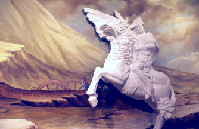
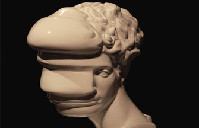
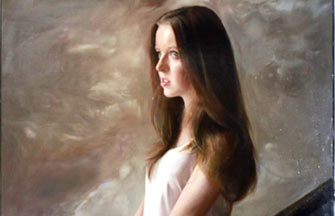
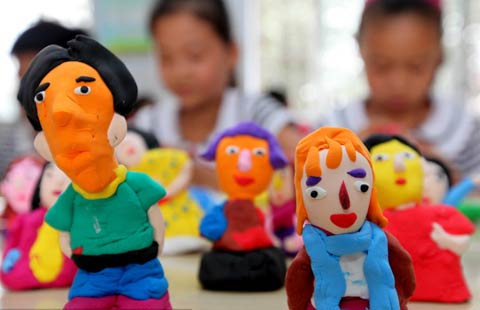

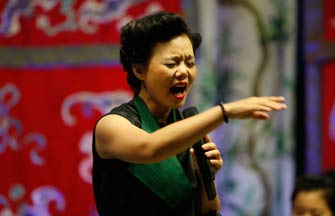
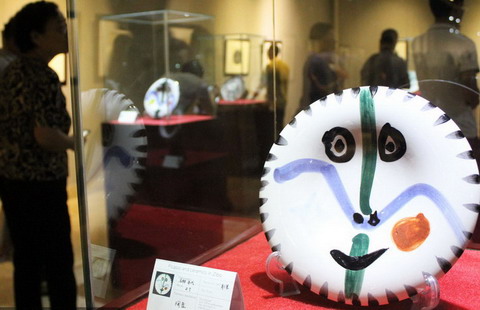
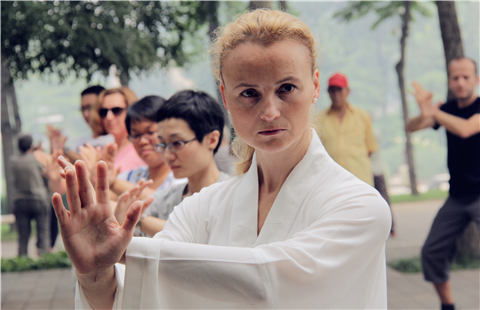
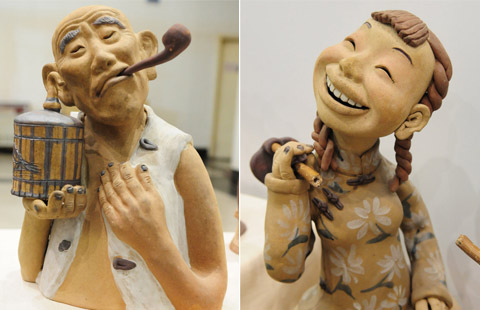
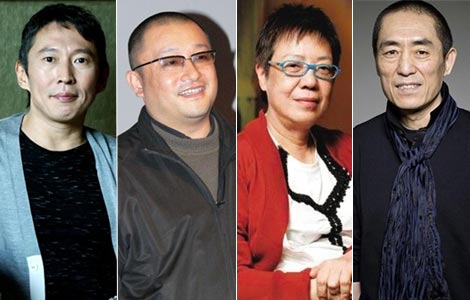
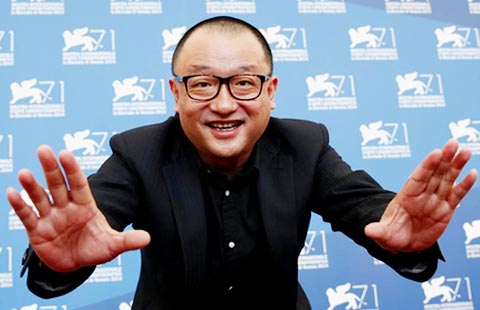


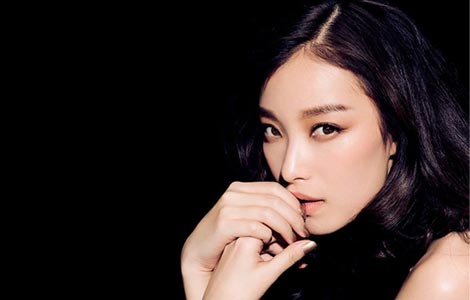

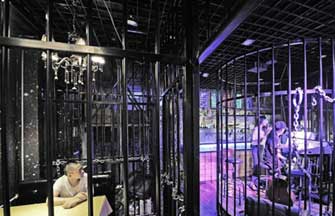
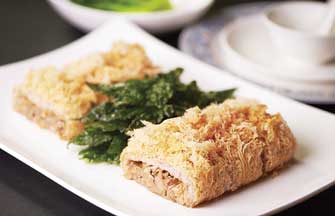


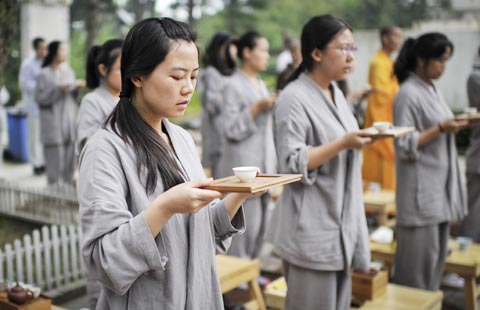
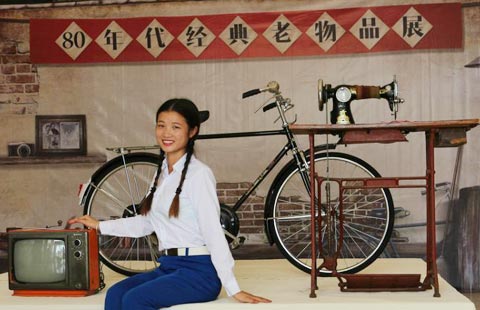
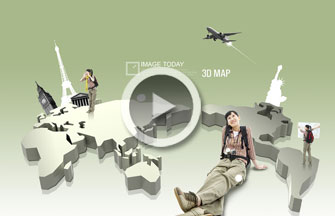


 Raymond Zhou:
Raymond Zhou: Pauline D Loh:
Pauline D Loh: Hot Pot
Hot Pot Eco China
Eco China China Dream
China Dream China Face
China Face
